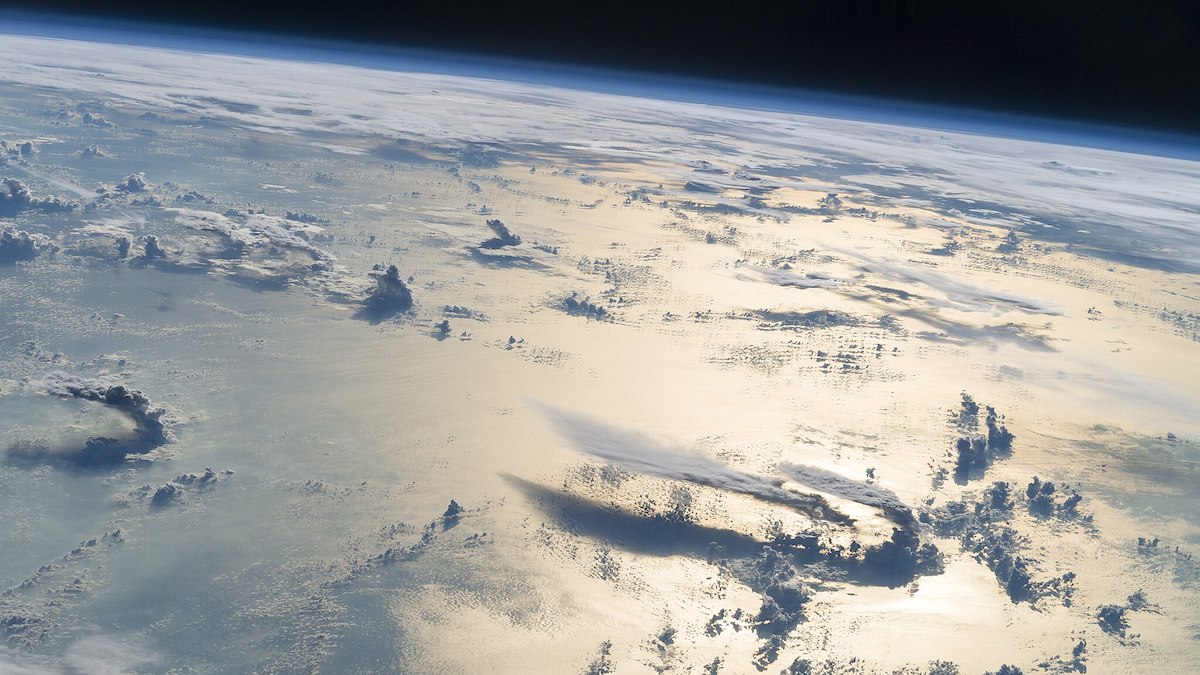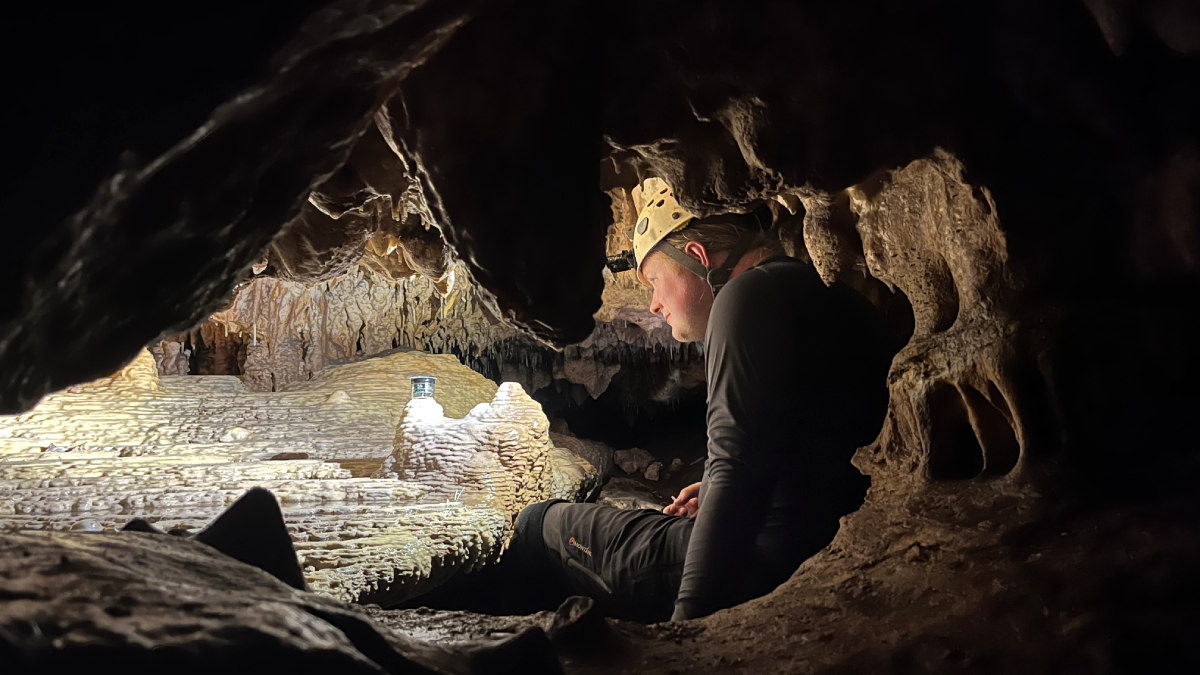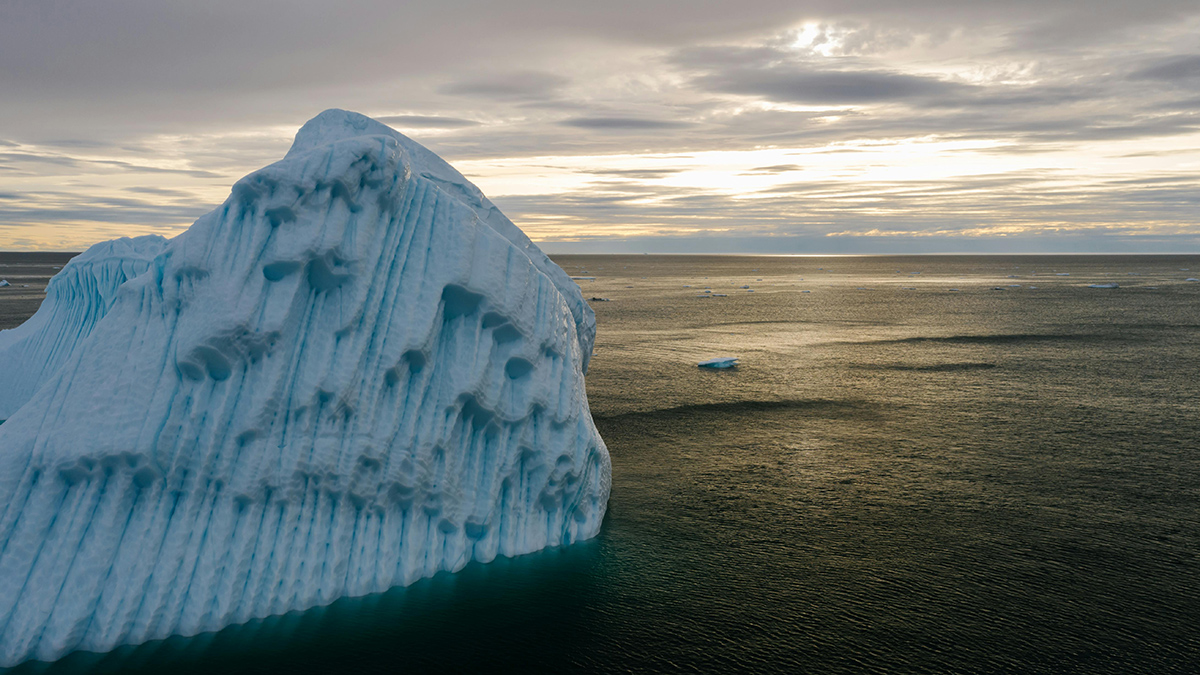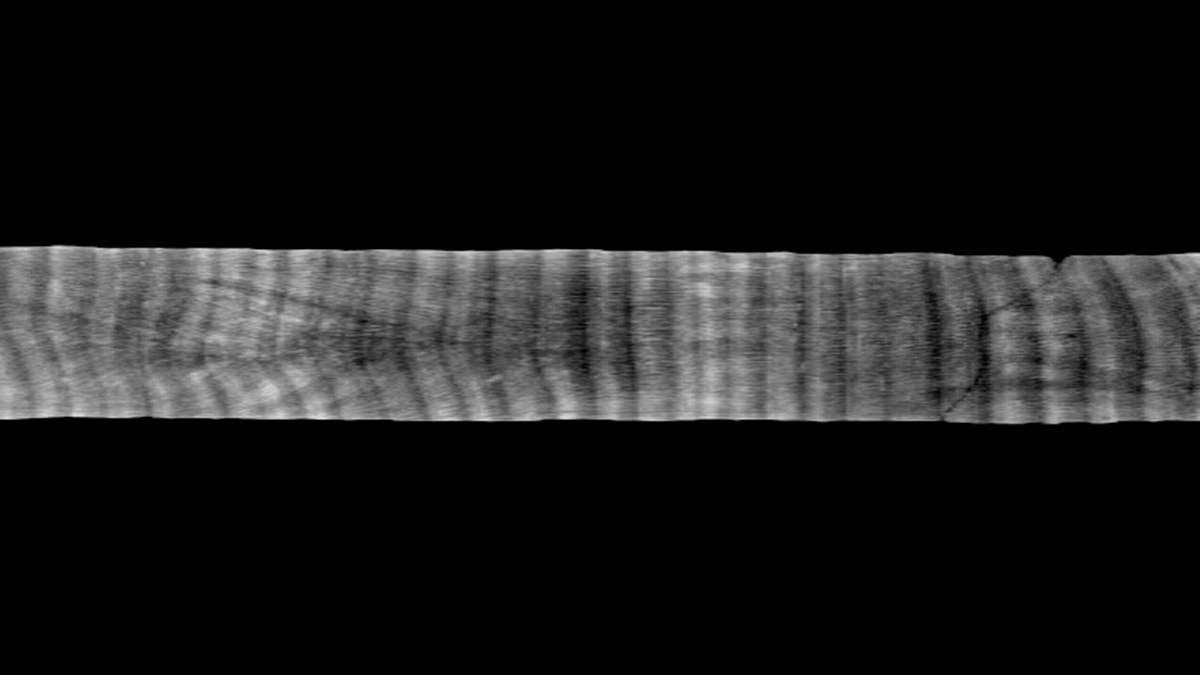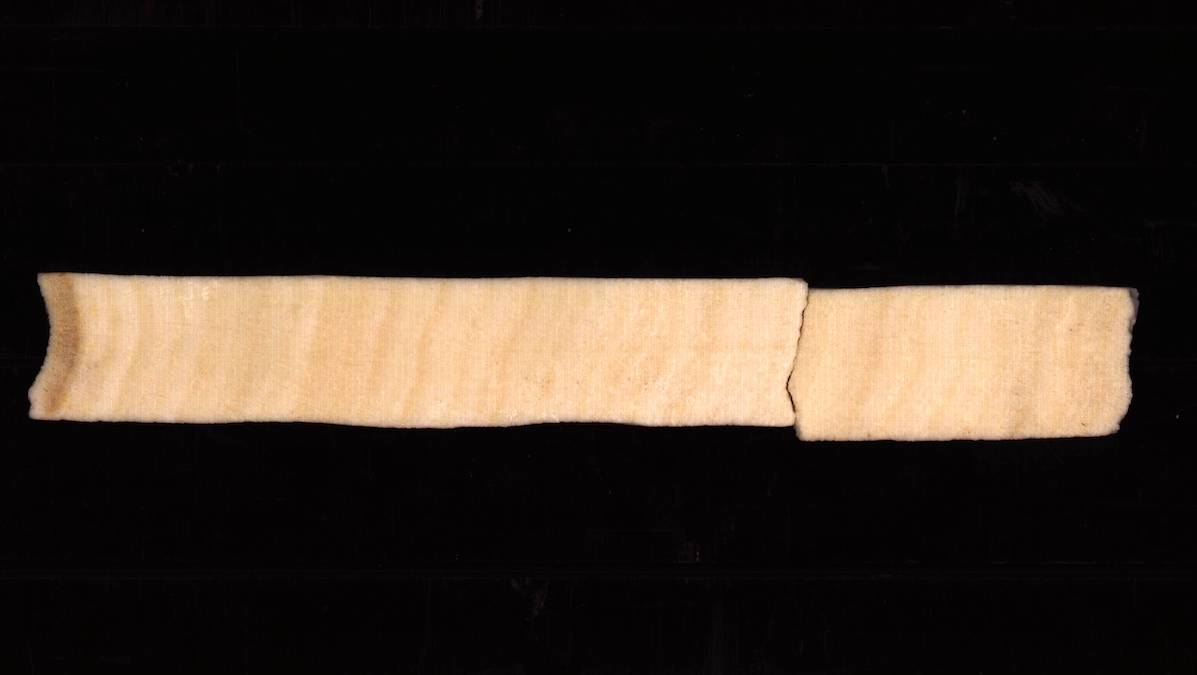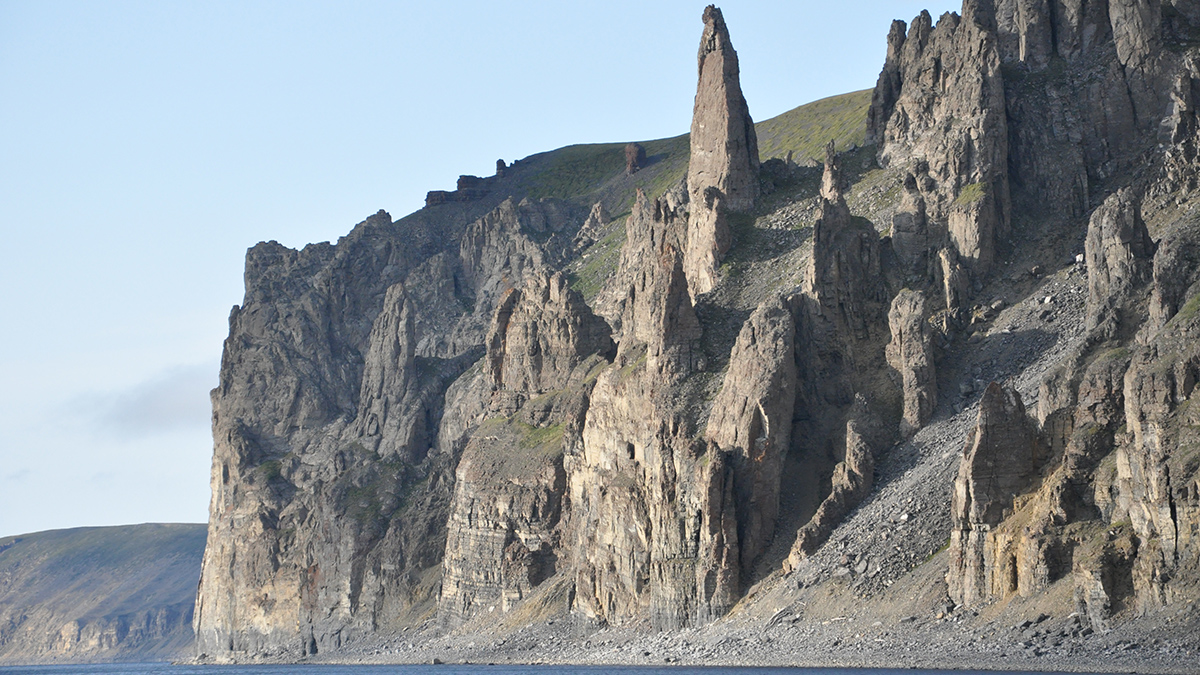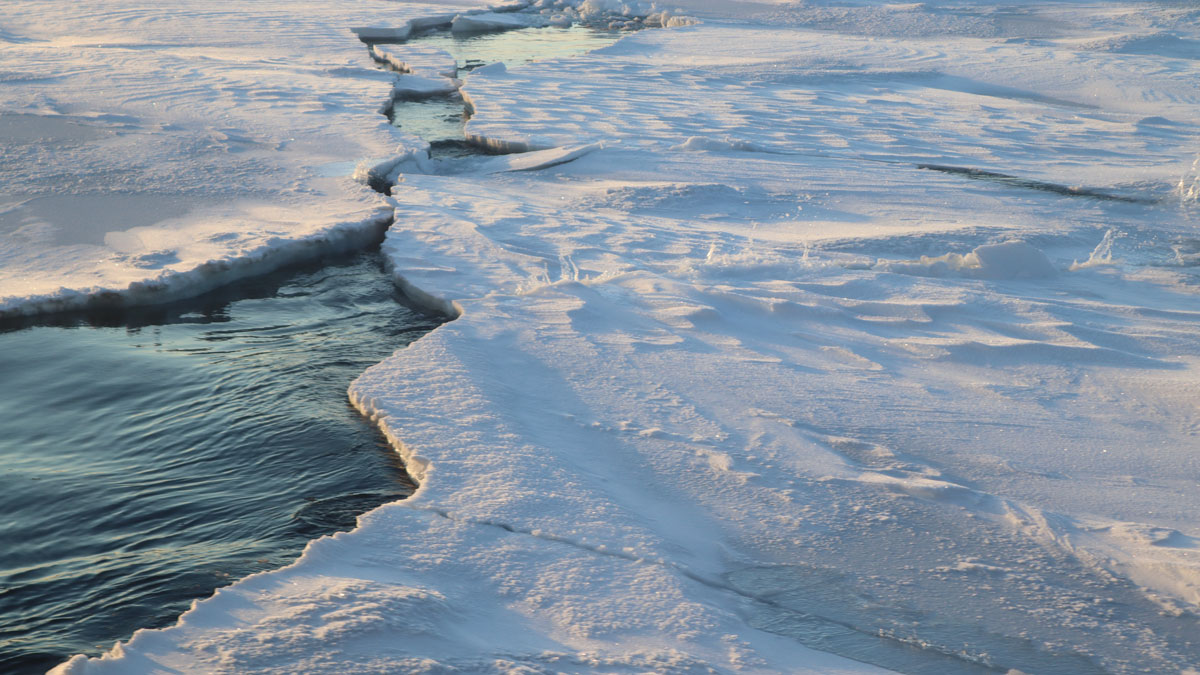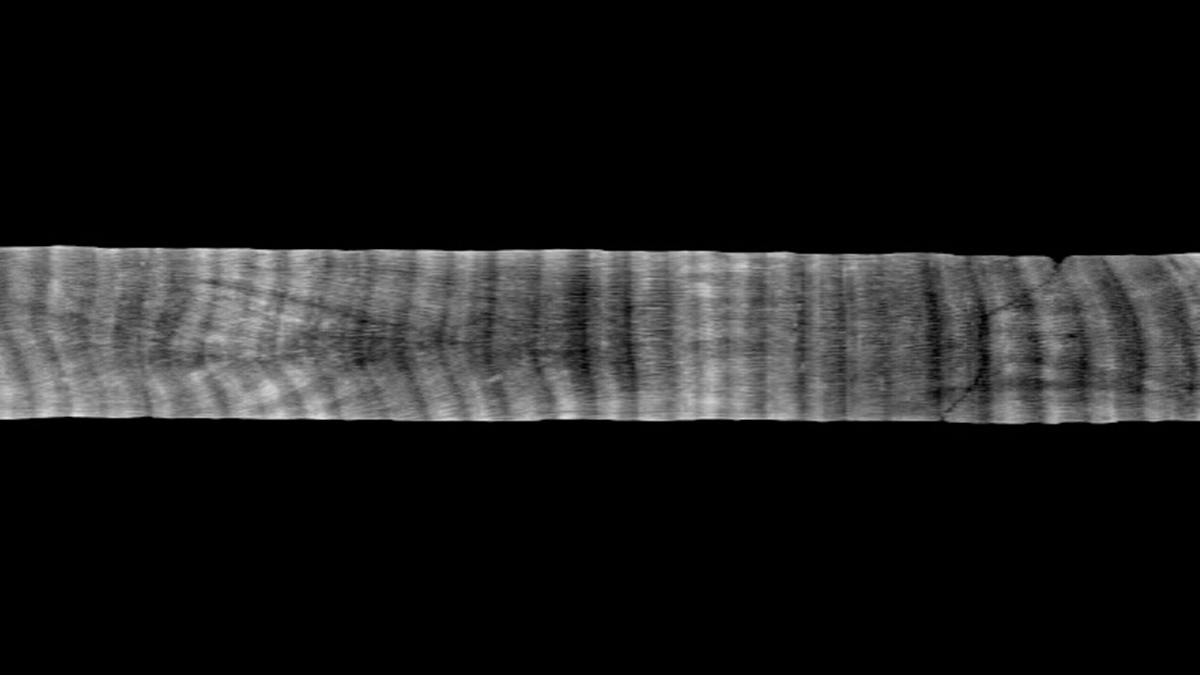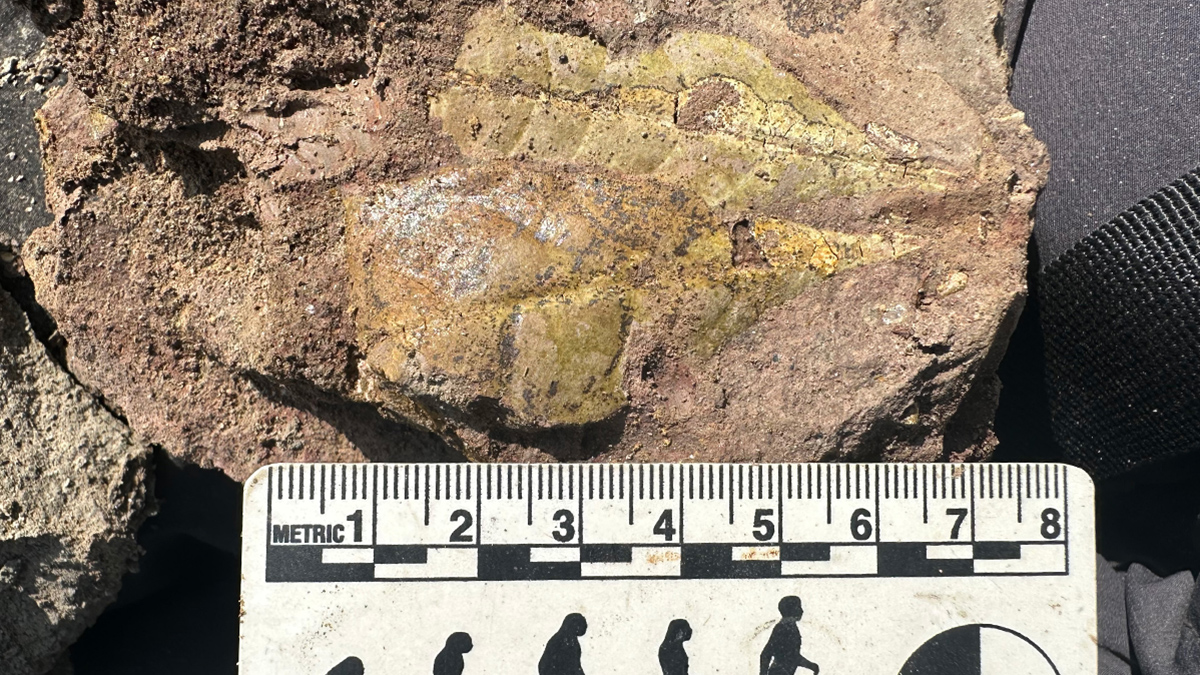A new framework argues Earth scientists should employ the concept of ecosystem engineering across geologic time and space.
paleoclimatology & paleoceanography
Major Droughts Coincided with Classic Maya Collapse
Understanding how individual cities responded to climate stress will help create holistic pictures of how these societies functioned.
Paleoclimate Patterns Offer Hints About Future Warming
A new study examines 10 million years of sea surface temperature data to offer predictions about how future warming may unfold.
Arctic Ice Shelf Theory Challenged by Ancient Algae
Chemical signatures of marine organisms reveal that seasonal sea ice, not a massive ice shelf, persisted in the southern Arctic Ocean for 750,000 years.
Un repositorio de núcleos de coral diseñado para la transparencia y accesibilidad
CoralCT archiva datos originales y procesados de núcleos de corales y arrecifes, preservando información valiosa sobre cómo los corales responden a cambios medioambientales.
Coral Cores Pinpoint Onset of Industrial Deforestation
Trace elements in coral reefs provide a timeline of how Borneo’s rainforests have been altered by industry.
Cave Deposits Reveal a Permafrost-Free Arctic
Mineral cave deposits from northern Siberia show that the region was permafrost free during the late Miocene period, when Earth was warmer than today.
Finding Consensus on Arctic Ocean Climate History
Understanding the effects of a “blue” Arctic Ocean on future climate requires a coordinated effort to study Earth’s past warm periods using a variety of classical and cutting-edge methods.
A Coral Core Archive Designed for Transparency and Accessibility
CoralCT archives raw and processed data from coral and reef core samples, preserving valuable insights into how corals respond to environmental changes.
Early Apes Evolved in Tropical Forests Disturbed by Fires and Volcanoes
Fossils discovered at an early Miocene site in Kenya include a new type of early ape and offer clues about the environment inhabited by human ancestors.

